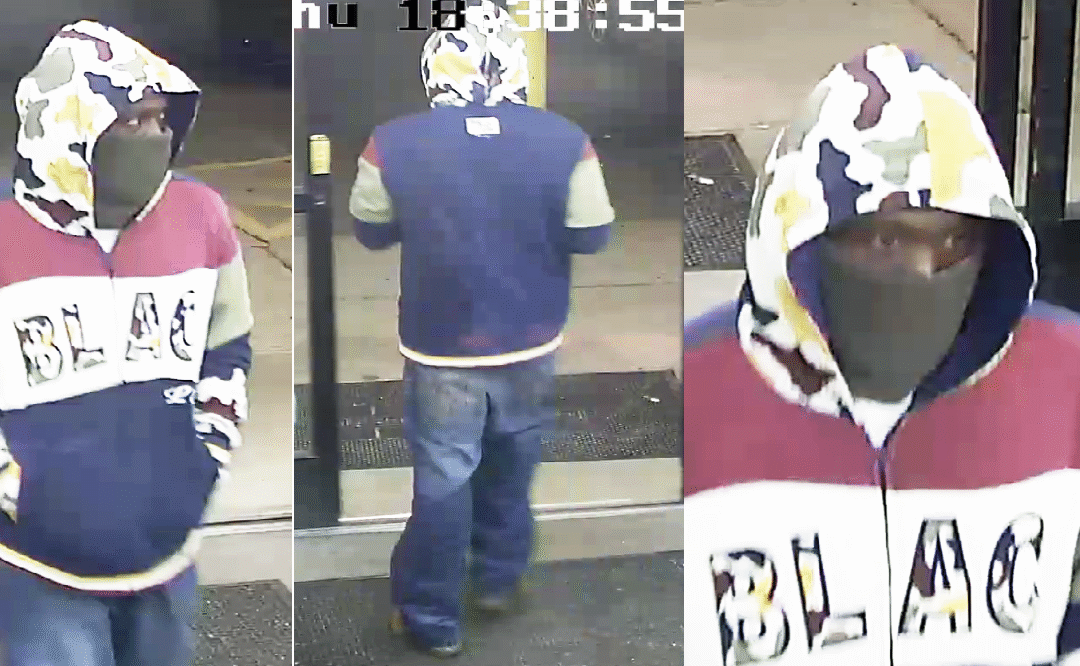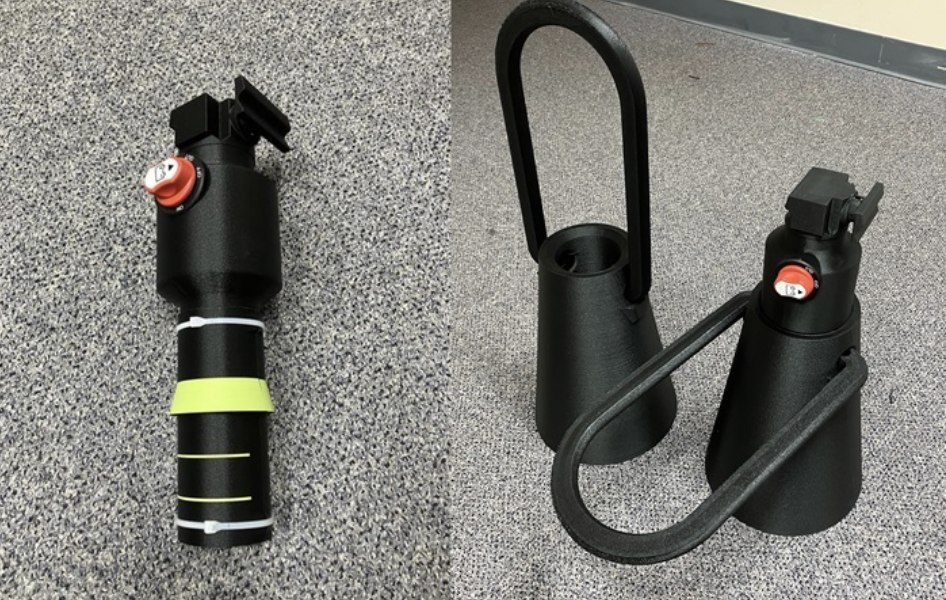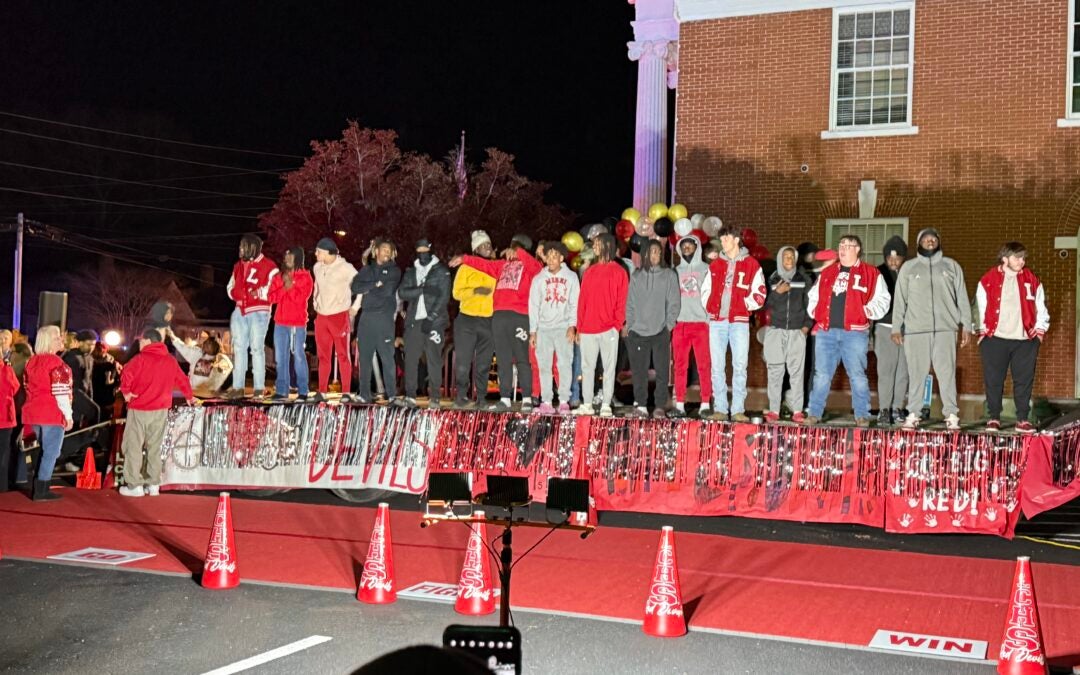‘I WANT TO BUY YOUR HOUSE!’
Mass Mailing Campaigns by Unlicensed Flippers Cause Havoc in a Booming Market – What You Can Do to Protect Yourself and Your Interests
Unless you’ve been living in your RV up at the lake for the last couple of years, you’ve no doubt received a postcard like one of the above; some very glossy and professional looking, while still others resemble the handwriting of a fourth grader. (Why the latter appeals to its sender or is perceived to convey expertise, financial capability or some other redeeming characteristic boggles my mind.) But to an owner of property, be it residential, commercial, raw land, surplus, estate or a primary residence or business location, this may have a certain appeal.
Many property sellers are unsure where to start or are simply overwhelmed with the concept of selling real property. Others have no time or interest. Most, if not all, want to extract the maximum value from their properties, particularly if said property is a maintenance or tax burden and is not generating revenue or being of some use to its owner.
Examples of the above include a late parent’s home or former business location, a house that was a rental but that was damaged by a former tenant or a disaster such as a fire, or one neglected simply due to lack of interest in its use.
I get plenty of these postcards myself and occasionally I even get phone calls from one of these characters offering to buy my house in Waverly. I’ve often thought about reeling one of them in, but I’ve resisted the temptation, since most of these “wholesalers” don’t do much research in their saturation bombing marketing tactics and I simply don’t have the time to indulge any of them.
The purchase and sale of real estate represents one of the largest, if not the largest, financial responsibility that the majority of Americans will make in their lifetime. Most ownership of real estate is mortgaged, and these financial commitments can make – and also break – many people with the ebb and flow of the greater economy.
Real estate decisions should be made carefully, as bad decisions, such as those that created the housing bubble of 15-20 years ago and the resulting crash, have a major impact on our local community, our state and even our entire nation. One could say that regulated institutions such as lenders, real estate agents, brokers and even our government were cumulatively responsible for this crash – and they’d be right.
What happened as a result of the 2008 crash was a redrawing of what was permissible and what safeguards needed to be replaced, rewritten or otherwise changed to prevent such a catastrophe from happening again, or at least try to. This is consumer protection – and though I am not one in favor of too much government and too much regulation, I am in favor of consumer safeguards in real estate. People need to live somewhere, and they need to rent or buy property to achieve that end.
It should be clarified now and for all time that it is absolutely legal for two people who are not licensed realtors to transact property as for sale by owner to a new owner. There is no law against this and I, like many other real estate professionals, are generally happy to provide referrals to real estate attorneys, inspectors and such to those who are owners and have independently identified buyers.
It takes very little time to build goodwill. We of course advise both parties to use professionals so that two inexperienced parties do not injure the other or fall into a ‘caveat emptor’ situation, but there is no legal barrier to a person-to-person sale of real estate.
Back to the premise of this article – so just who are these mystery postcard senders? Almost to an individual, they are unlicensed real estate “dealers” (who also use the term “wholesalers”) who claim to buy properties without any strings attached in a seamless, trouble-free manner for the benefit of all parties concerned. Notice that I don’t use the term “broker” or “agent” – because those terms are reserved for those who hold a license from a state board, have completed education requirements and are ethically and fiduciarily responsible to their clients, customers and the general public at large in varying degrees.
Client and customer relationships are distinct and are owed differing degrees of fiduciary (but not ethical) responsibilities by a broker or agent. The general public, to whom these postcard campaigns are directed, are due a comprehensive ethical responsibility by a licensed real estate professional as per the latter’s license law requirements. These “dealers” have no such responsibility and are held to no standard by any governing body, essentially the Wild West.
On encountering such a person, you could find one of many different sorts. You might find that person to be exactly why he or she claims to be – a genuine investor trying to build a rental portfolio in an up-and-coming area of town or in a lower-class area that is in need of some gentrification.
We have many groups who do just that, from Clay Boardman’s ‘Turn Back the Block’ in Harrisburg near the old mills to smaller groups and individuals just trying to make a difference and make themselves a profit within the letter of the law. These transactions happen very quickly, as the funds are generally readily available, title examination takes a few days and you’re in the attorney’s office with the buyer transferring deed.
However, as with anything else, there is more money when laws and regulations are selectively chosen or outright ignored. The majority of these players, after denigrating the ‘greedy’ real estate profession and denouncing the consumer protections its regulations promote as costly to sellers, offer to produce a contract for you, the seller of property, to sign.
This all sounds like it is all well and good so far, right? However, most of these contracts are not for a short-term purchase agreement but an extended option to purchase a house, land, a commercial property of one sort or another for the sole purpose of remarketing said property to a third party.
How, you may ask, is this legal? In most, if not all, states, the option to reassign a contract to a third party exists. These technically illegal real estate dealers use this loophole available to them in contract law to essentially act as brokers of your land, your house, your commercial property, etc. to the eventual purchaser.
At no time do these parties intend to themselves purchase your property, for if they did, they would close almost immediately following examination of title as shown above in the first – and only wholly legal example. Furthermore, they generally do so by asking you what it is you want, then making a “minimum assignment price” to potential third-party assignees. This is what is known as a “net listing” and it is illegal for licensed real estate professionals in Georgia to perform, as it renders the sale price and thus the broker’s profit non-transparent to both buyer(s) and seller(s) of real estate how much the eventual sale of property was, until they are at the closing table.
In no way does the above example, organized and run by person(s) acting as agents for buyers and sellers of real estate, protect or in any way benefit either seller or buyer. Not only is the “dealer” doing an end run around consumer-protection oriented laws, but he or she is not bound by any fiduciary or ethical requirements laid down by those in regulation of this profession to tell the truth, to get the seller as much as they can or protect the buyer against any pitfalls.
In these sorts of situations, properties are, almost equivocally, sold as-is and caveat emptor, to include title defects (quit claims, tax sales, other sheriff’s sales, incomplete recording and such in the chain of title which can cost as much as some properties to ‘quiet’) leaving sellers open to further legal wrangling when that buyer goes to sell a renovated property legally and finds that he or she cannot due to title requirements set down by a lender or similar.
While you may pay more to use a real estate professional or other listing service and no matter what you do with regard to the purchase or sale of real estate, make sure that you are not party to a transaction that could come back to haunt you later on. You may even find that you will be better served by paying that commission and turning the process over to someone with your best interests at heart.
By W.C.W. ‘Chip’ Lamb, REALTOR & Auctioneer, licensed in GA & SC
April 15th, 2021
Chip Lamb is not just a licensed residential and commercial REALTOR in Georgia and South Carolina but a licensed professional auctioneer in Georgia, Florida and South Carolina. He also brokers highly collectible specialty vintage automobiles between private clients and appraises many more for Ferrari Financial Services, Chubb Insurance and others to whom he owes a fiduciary duty.








